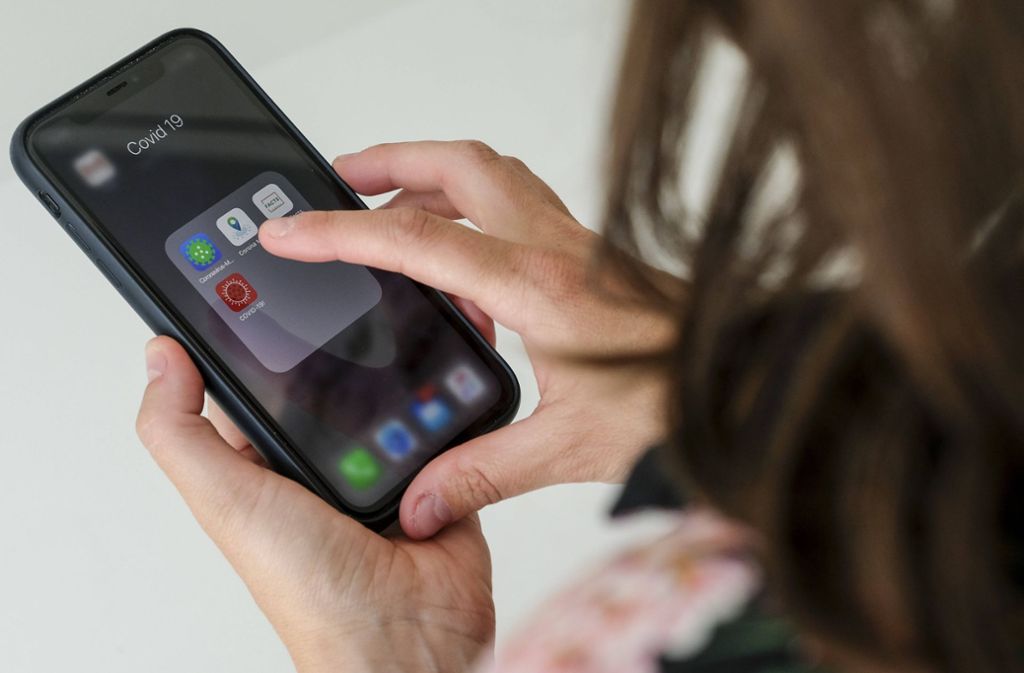The European Commission announced on Tuesday that the member states have agreed on a technical solution for the exchange of information between national contact tracing and warning apps that are installed voluntarily on smartphones.
The apps will be deactivated automatically at the end of the pandemic but can also be uninstalled by the user at any time.
The solution is based on a decentralised architecture and is expected to be applied by the majority of existing or future tracing apps in the EU. Once the technical solution is deployed, such national apps will work seamlessly when users travel to another EU country which also follows the decentralised approach.
“As we approach the travel season, it is important to ensure that Europeans can use the app from their own country wherever they are travelling in the EU,” Thierry Breton, Commissioner for Internal Market, said (16 June). “Contact tracing apps can be useful to limit the spread of coronavirus, especially as part of national strategies to lift confinement measures.”
According to the Commission, most member states have decided to launch mobile apps to complement manual contact tracing of the spread of coronavirus. The technical specification for interoperability will allow the tracing to be done also for users travelling from other member states, without the need to download several national apps.
The proximity information shared between apps will be exchanged in an encrypted way that prevents the identification of an individual person, in line with EU data protection guidelines.
The solution is ready for immediate application but to support further streamlining of the system, the Commission will set up a gateway service to efficiently receive and pass on relevant information from national contact tracing apps and servers. A pilot project will be carried out in the coming weeks in some member states.
The Brussels Times

